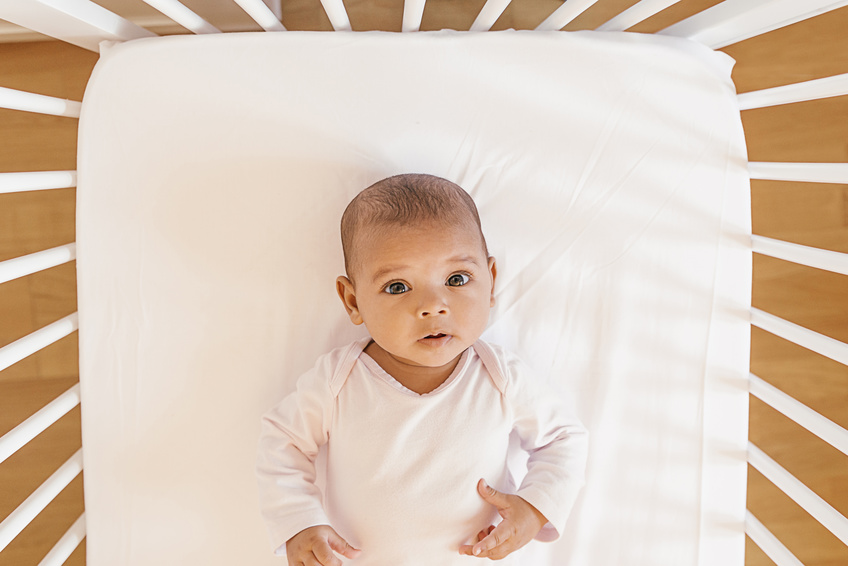
Allergies are the worst. From mild symptoms like itchy eyes and congestion to more serious symptoms like trouble breathing and throat tightness, allergies can have a big impact on your enjoyment of life.
Kids with severe allergies can be at risk for sudden, potentially life-threatening allergic reactions. And that's never something a parent wants to worry about.
Fortunately, there are a few ways you can help to reduce the risk of your child developing an allergy while they're still babies. Consider the following tips below:
Breastfeed if you can
Approximately 65% of new parents aged 20 to 29 choose to breastfeed. Breastfeeding isn't for everyone, but it's a good option for those who can and want to.
Breast milk contains many elements that support your baby's immune system like proteins, fats, sugars, antibodies, and probiotics. When you come into contact with germs, your body develops antibodies to fight off the infection. You pass those antibodies on to your child when you breastfeed.
However, just because breast milk can help your baby develop their immune system doesn't mean that formula is bad. Baby formula has the vitamins and nutrients your baby needs to grow and it's the best alternative for parents who can't breastfeed.
Be careful choosing the paint for baby's room
When you're decorating your baby's nursery, it's crucial to make sure that you choose a paint that's eco-friendly. Certain house paints have toxic chemicals in them like PGEs and VOCs, which can be dangerous in enclosed spaces.
According to Sweden's Dampness in Buildings and Health study, PGE-exposure nearly doubled the likelihood of developing allergic sensitivities to other allergens. That being said, make sure that you're using materials in your child's nursery that aren't harmful.
Keep plants in your child's room and around the house
Houseplants have been growing in popularity recently and it's because many people are realizing their health benefits. Plants improve the quality of indoor air naturally by drinking in the room's carbon dioxide and producing oxygen.
But some plants can do more than just produce oxygen. Dragon tree houseplants can help to control humidity and purify the air of chemicals like formaldehyde and benzene. Chinese evergreens are also considered natural air purifiers.
If you're considering keeping plants in your child's nursery to improve air quality, keep them on a high shelf so your kids can't reach them and accidentally knock them over. Remember that plants often require a pH level in the low acidic to neutral range, too, or 6.2 to 6.8.
Allergies can take many shapes and forms. While you may not be able to completely prevent allergies from developing, you can reduce the risk by following the tips above.


























